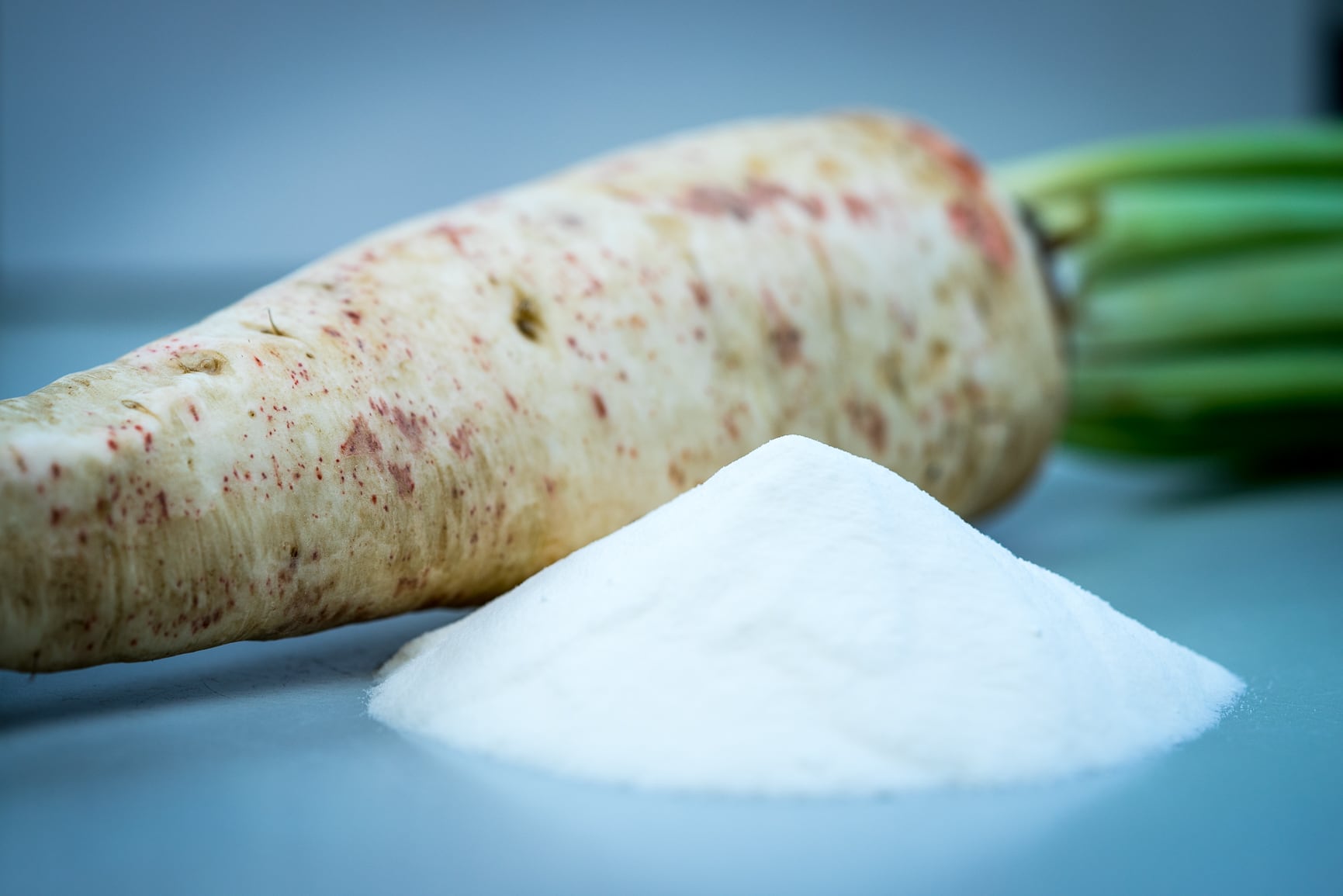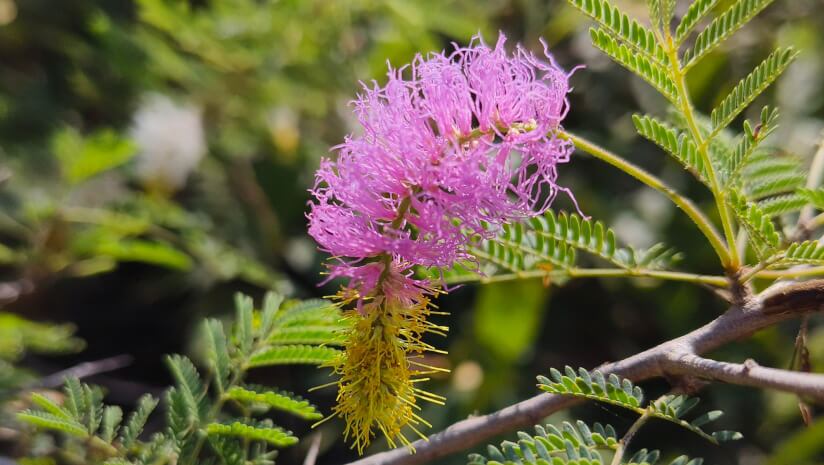The study, published in The American Journal of Clinical Nutrition, reported positive effects regardless of health status, suggesting a broad applicability for chicory root fiber in weight management strategies.
“Given the high prevalence of overweight and obesity globally and the need to improve gut microbiota ecology within individuals, chicory ITF supplementation may be one strategy or co-therapy to assist with weight management,” wrote Reimer et al.
The study was funded by the Beneo Institute, a research and development initiative established by plant-based functional ingredient supplier Beneo.
Benefits of chicory root prebiotics
Typically derived from chicory root, agave, artichokes or yacon, ITFs are considered accepted or proven prebiotics which exhibit the most robust evidence for health benefits.
Previous research shows that chicory root fiber may be associated with weight loss, but until now, systematic reviews that are related to obesity-related outcomes have not strictly focused on chicory root ITFs.
“Chicory root fibers are selectively fermented by bifidobacteria in the colon which leads to the formation of short chain fatty acids,” said Dr. Stephan Theis, co-author of the study and head of nutrition science and communication at Beneo.
“These short chain fatty acids stimulate a cascade of signals that influence satiety and energy intake and thereby support weight management,” he added.
A global study
To conduct the meta-analysis, the researchers from the University of Calgary, Canada, independently extracted data from 32 randomized controlled trials.
The RCTs evaluated the effect of chicory ITF supplementation on weight management components on adults across four regions: Asia, Australia and the Pacific, Europe and the Americas.
Of the included studies, the majority were conducted in participants with overweight or obesity, while others were conducted on either healthy participants or those with health conditions such as type 2 diabetes, prediabetes or liver disease.
The majority of the studies (n=24) required subjects to maintain their regular diet during the trial. However, a few (n=8) involved subjects following an energy-restricted diet alongside supplementation.
The effect of chicory root supplementation on weight management parameters
Across the 29 trials that analyzed body weight reduction, participants taking the chicory ITF supplement at a median dose of 10 g lost an average of 0.97 kg.
In addition, a reduction in BMI following chicory ITF supplementation was observed at an average of −0.39 kg/m2, while waist circumference reduced by an average of 1.03 cm.
ITF supplementation also significantly reduced total fat mass in the nine trials which evaluated this outcome. The magnitude of total fat mass reduction was observed both in apparently healthy participants and those with a disease condition.
While ITF supplementation was not found to significantly reduce body fat percentage compared to the placebo group, an a priori analysis based on intervention duration indicated that supplementing ITF for longer than eight weeks exhibited a significant reduction in body fat percentage.
There was minimal evidence that dose, duration or type of ITF influenced the magnitude of reductions in outcomes. However, oligofructose appeared to be the most consistent type of ITF when it came to reducing body weight.
Limitations
There was significant heterogeneity in the studies which measured changes in body weight and body fat percentage. However, the researchers say this can be explained by the diversity of participant characteristics and baseline weight management metrics.
“Despite this variability, a key strength of the research lies in its finding that chicory root fiber supplementation had a significant and consistent effect on weight management parameters regardless of the participants’ health status,” said Dr. Theis.
“Subgroup analyses, such as evaluating outcomes based on fiber dosage, further underscored the robustness of the finding,” he added.
Clinical implications
Overall, the researchers suggest that taking 10 g of a chicory root prebiotic for 12 weeks could lead to a 2% reduction in body weight.
They say these findings could have clinical implications for weight loss and weight management practices and lead to an overall reduction in type 2 diabetes (T2D) incidence.
“We found that overall BMI reduction […] following ITF supplementation in this meta-analysis could be translated into a 10% absolute reduction of T2D incidence and an even greater absolute risk reduction of T2D incidence (13%) with intervention longer than 8 weeks,” they concluded.
Source: The American Journal of Clinical Nutrition
doi: 10.1016/j.ajcnut.2024.09.019
“The effects of chicory inulin-type fructans supplementation on weight management outcomes: systematic review, meta-analysis, and meta-regression of randomized controlled trials”
Authors: R. Reimer et al





